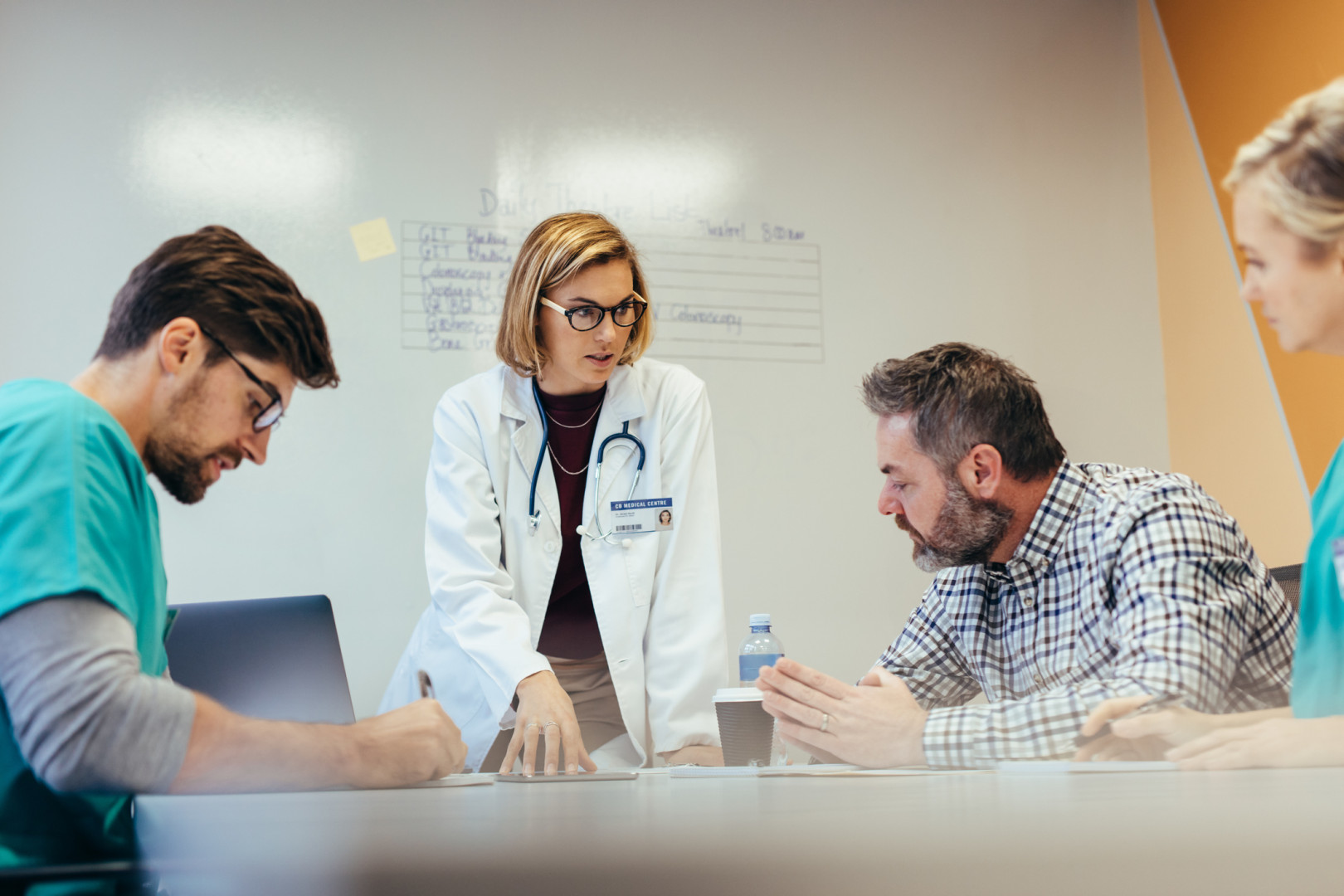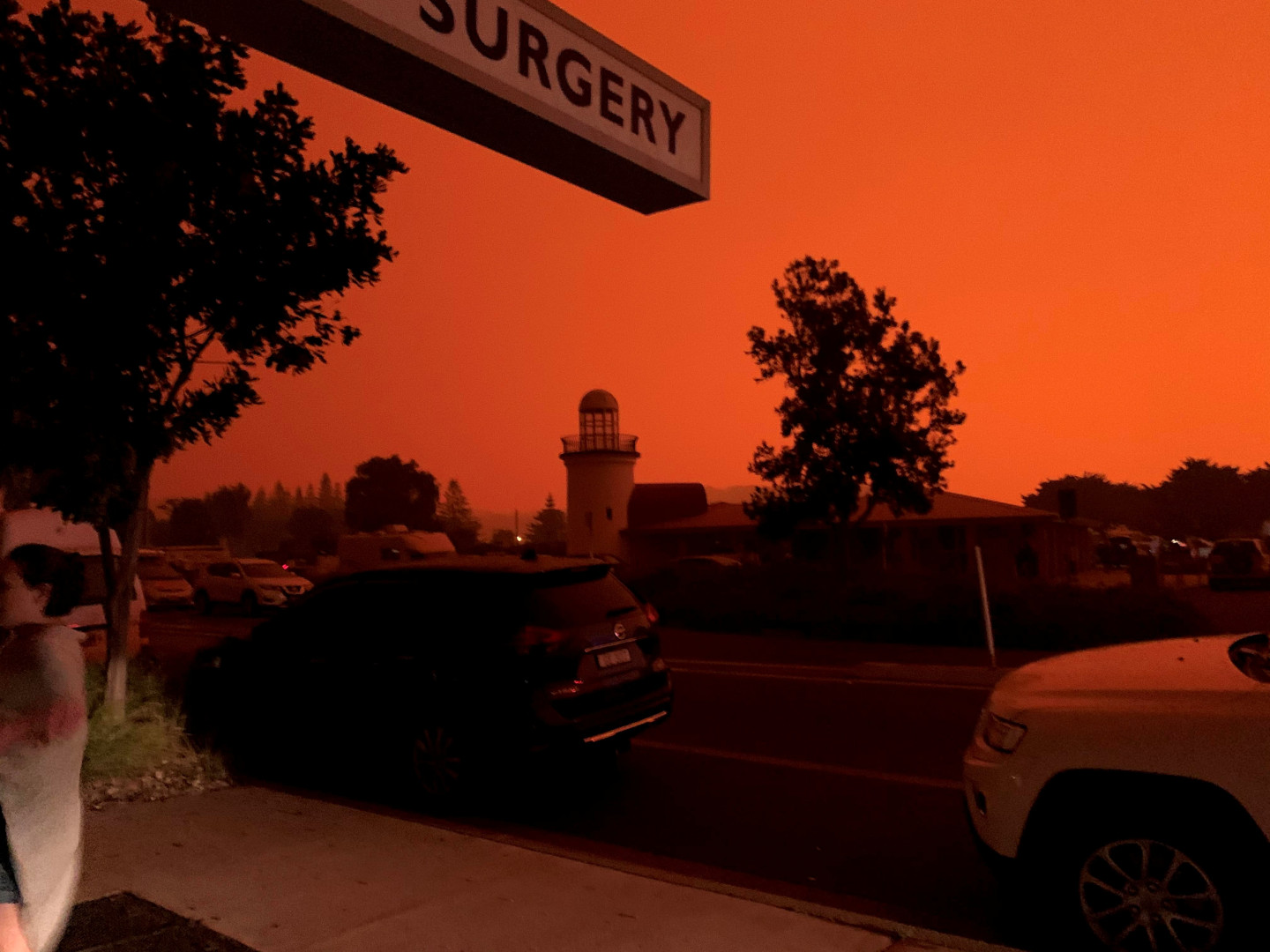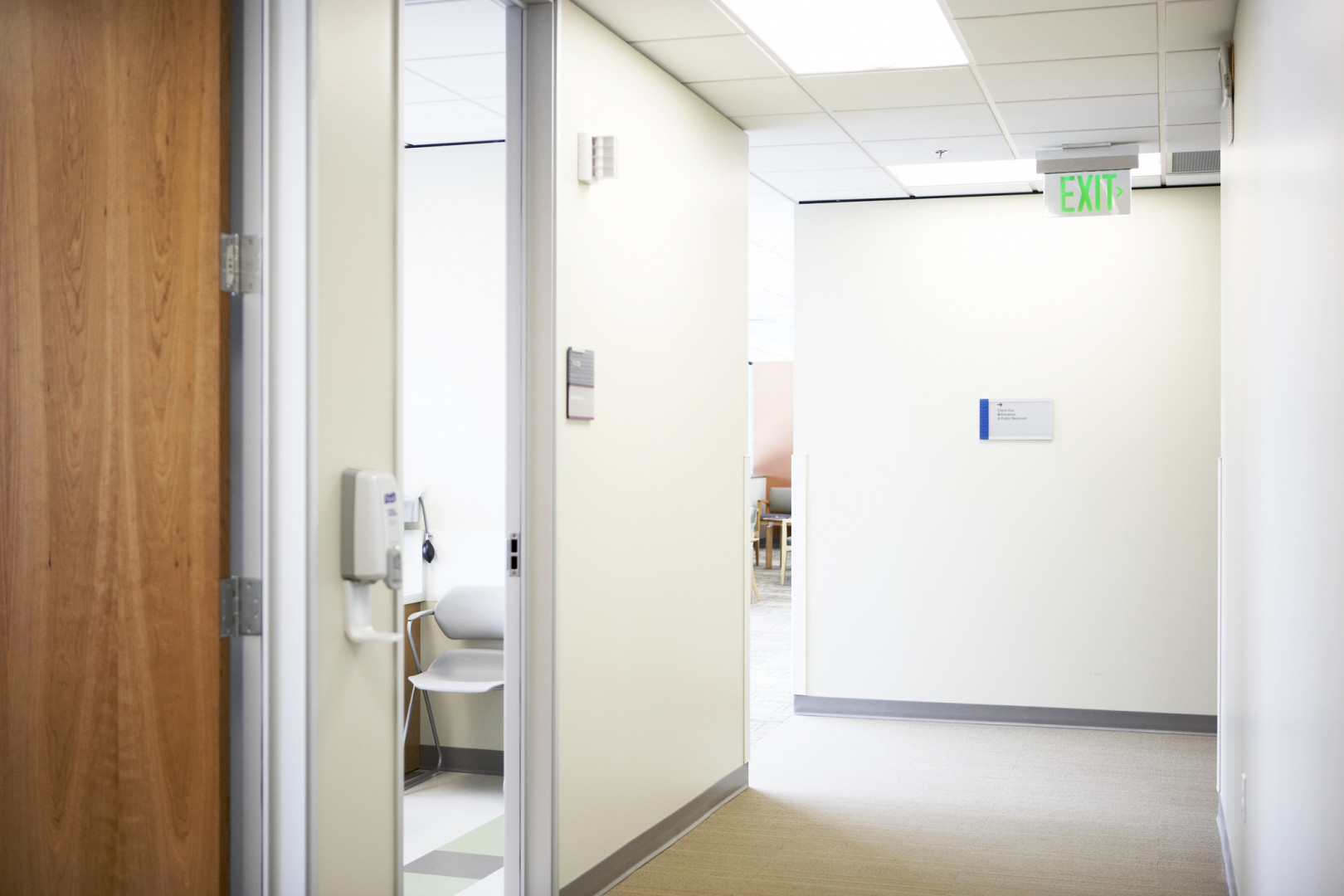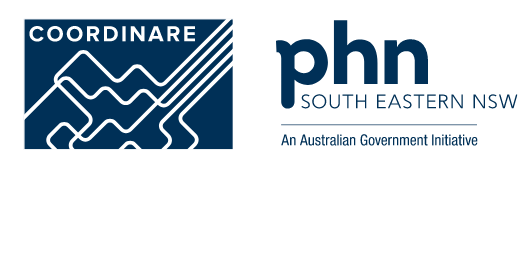Prepare your organisation
-

Personal Threats
External Link Escape. Hide. Tell.Australian National Security provides a range of resources to help individuals and workplaces prepare for unexpected personal threats.
Their posters, guides, and training materials outline practical steps to take before, during, and after an attack, ensuring you and your team know how to respond quickly and safely. These resources cover different scenarios and are designed to build confidence and resilience.
-

Emergency Response Planning
Disaster preparation is essential to service continuity. Develop an emergency response plan and review/update it every year so you can be better positioned to respond to an emergency. Use COORDINARE's Disaster Planning and Response checklist to check if your plans are as up-to-date and comprehensive as they could be.
-

General Practice Disaster management toolkit
External Link Download the toolkitOur General Practice Disaster management toolkit is an in-depth resource for practices who want to take their emergency planning and preparedness to the next level. The toolkit steps you through three quality improvement activities to undertake and includes valuable information, checklists and resources.
-

Build your community
Checking in with other local practices and health services, such as pharmacy, imaging and pathology about their plans is a great way to start to develop a community approach to responding to emergencies. Include the contact details of your local health services in your emergency plan, and don't forget to have a plan in place to send communications to patients about service disruptions or changes.
-

Disaster preparedness CPD Activity
External Link Find out moreCOORDINARE have created an RACGP and ACRRM CPD Approved mini audit where you can critically analyse the plans and procedures that are already in place in your practice, learn about the best practice principles involved in business continuity and disaster planning, then choose and plan one area for quality improvement.
Prepare your patients
Respond
-

Case Study: Responding in crisis
External Link Read the case studyDiscover how Lighthouse Surgery Narooma adapted during a major disaster, maintained patient care, and supported community resilience. Learn practical steps and insights to strengthen your own emergency response planning.
-

Managing emergencies in general practice
External Link Access the guideThe Royal Australian College of General Practitioners (RACGP) developed the Managing emergencies in general practice guide to assist practices in disaster preparation, response and recovery.
-

Digital health
External Link Find out moreTelehealth is crucial for people in rural and regional areas, particularly those displaced by disasters.
If you do not currently have a telehealth platform or would like any information or support, please contact our Digital Health Team on 1300 069 002.
-

Could you volunteer?
External Link Register as a volunteerCOORDINARE currently holds a register of almost 60 individuals who are willing to assist during an emergency situation.
We are always looking for more health professionals and administration staff to join our disaster response register.
-

Could your organisation help?
External Link Register your practicePrimary care organisations can register their interest in providing assistance, in the event that an emergency or disaster impacts their local area.
Support could be in the form of scaling up, hosting staff from affected organisations, providing vaccine fridge space, or by temporarily taking on new patients.
